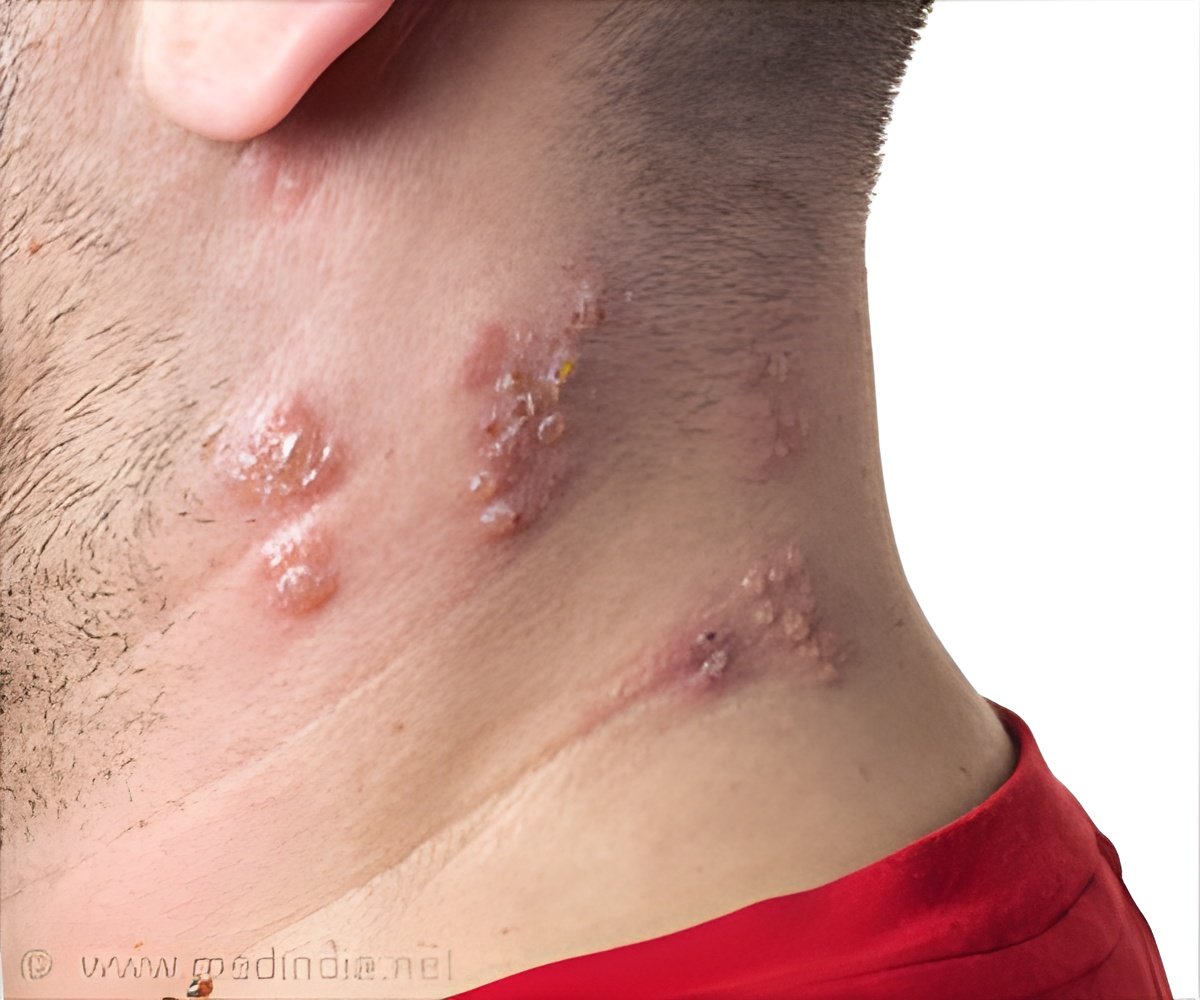Researchers at the George Washington University found the protein dermcidin has a significant role in the chronic skin disease hidradenitis suppurativa.

‘Regulators of the innate immune response and antimicrobial peptide production could play a role in HS pathogenesis. This research could lead to the development of new therapeutic option for the disease.’
Read More..




"Until now, the molecular drivers of HS have been poorly understood," said Victoria Shanmugam, MD, associate professor of medicine at the GW School of Medicine and Health Sciences. "Traditional therapies have thus far been disappointing. However, TNF-£\ inhibitors like infliximab and adalimumab have shown efficacy." Read More..
Shanmugam's team analyzed transcriptome patterns in HS skin to identify transcripts and upstream regulators that are differentially expressed in HS, compared to normal skin. The study found that dermcidin had the greatest fold change in HS and was significantly downregulated in HS specimens.
The team also found that IL37, a cytokine known to be a natural suppressor of innate immune responses, was downregulated in HS specimens compared to normal controls.
"These findings suggest regulators of the innate immune response and particularly antimicrobial peptide production may play a role in HS pathogenesis," Shanmugam said. The data suggests multiple biological pathways are disrupted in HS, indicating that inflammatory pathways merit additional investigation as potential drivers of the disease.
Further study is needed, she explained, in order to fully understand the role of antimicrobial peptides, particularly dermcidin, in the pathogenesis of HS and whether these pathways lend themselves to the development of new therapeutic options for the disease.
Advertisement
Source-Eurekalert












